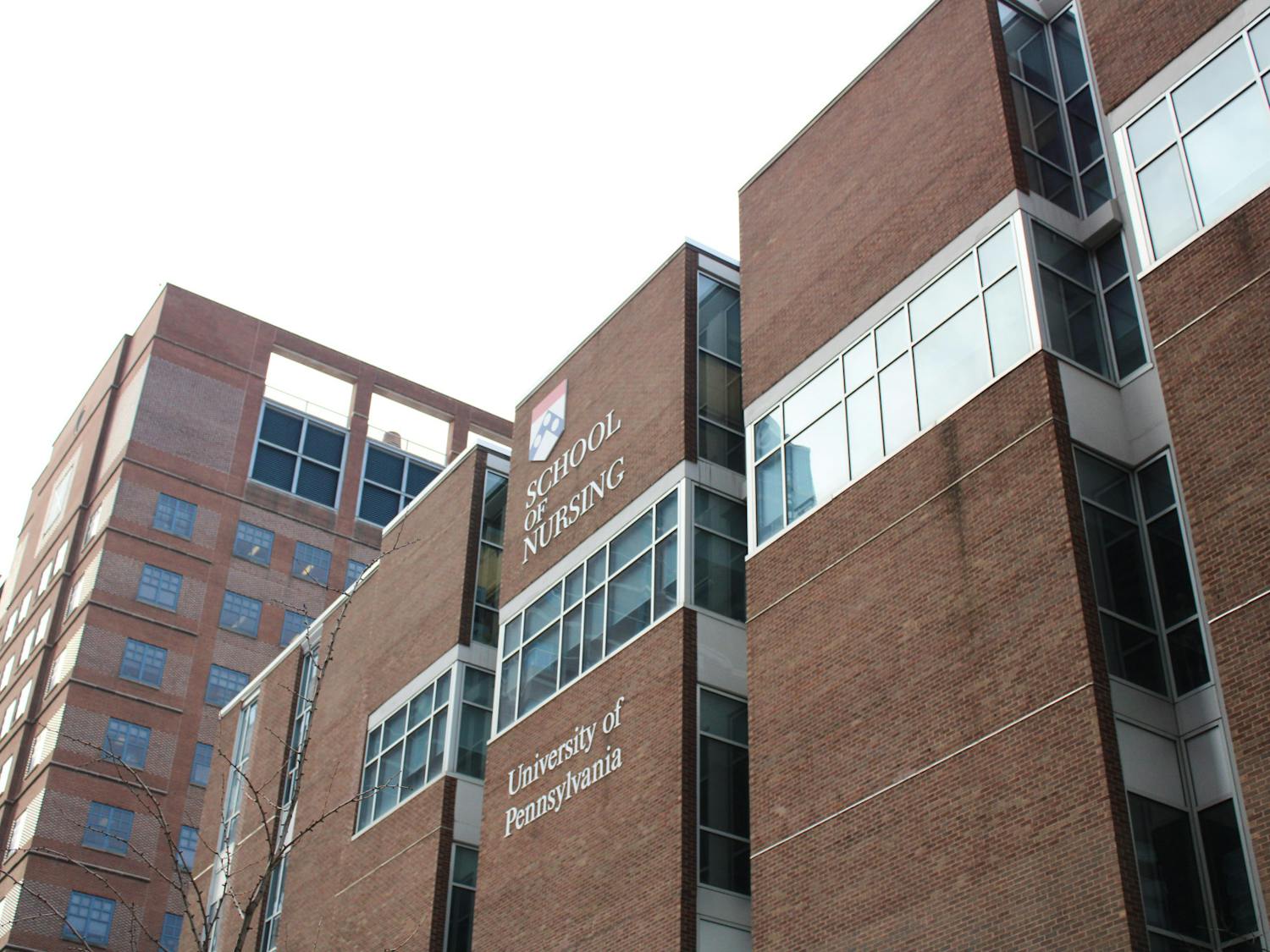Amidst the recession, business has seen a shifting focus toward social entrepreneurship. A new curriculum and several programs at Wharton reflect this trend.
Every year, there are more students interested in social impact, Vice Dean of the Wharton Program for Social Impact Leonard Lodish said.
Social entrepreneurship is the practice of applying entrepreneurial principles to promote a social good. It does not necessarily involve nonprofits. For-profit businesses may also promote a social good, according to Emily Cieri, managing director of Wharton Entrepreneurial Programs.
Wharton has made a conscious effort to promote social entrepreneurship at Penn. The new Master of Business Administration curriculum approved in December and set to launch in 2012 “gives Wharton the opportunity to integrate social enterprise into all major classes,” not only those specifically about social impact, Lodish said.
In December, the business school also announced the new Program for Social Impact. Its goal, according to its website, is to promote “positive change through such areas of focus as sustainability, microfinance and corporate social responsibility.”
The WPSI provides logistical support and helps publicize MBA and undergraduate students who are pursuing social entrepreneurship.
One such enterprise is Givology, which Penn undergraduate students launched in 2008. Its purpose is to raise money for scholarships and education projects in the developing world by partnering with “high-impact, grass-roots [non-governmental organizations],” Wharton senior and Givology Chief Development Officer Catherine Gao said.
Gao, like many of her fellow business students, plans to first work in the private sector when she graduates. However, she said, “the emphasis on social impact has definitely grown.” Even students who don’t pursue social entrepreneurship want to do something for the social good, she added.
Wharton has also encouraged social entrepreneurship by establishing the Loan Forgiveness Program in 2005 for MBA graduates who are pursuing careers in the public and nonprofit sectors. This program sends up to $20,000 per year to the recipients’ lenders to help pay for their student loans.
In the past decade, there has been a “pretty dramatic change” with “a lot more students coming to Wharton with entrepreneurial experience,” Cieri said. Many of these students have a “dual mission”— to make a profit and to promote social change.
The increasing number of students interested in social entrepreneurship is not a coincidence. Since 2006, there have been annual sessions specifically focused on attracting applicants who are interested in Social Impact Management, Tiffany Gooden, senior associate director of MBA admissions, said.
The direction in which Wharton is heading reflects a shift that is occurring in the larger entrepreneurial world, according to Cieri.
“We are coming into a generation of people who feel they have a responsibility to give back and who have greater awareness of global problems and inequities,” Cieri said. She hopes that the growing emphasis on social impact is not a trend but rather a fixture that will be interwoven into business permanently.








